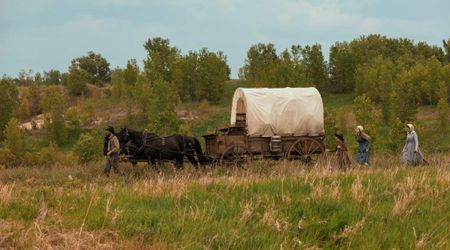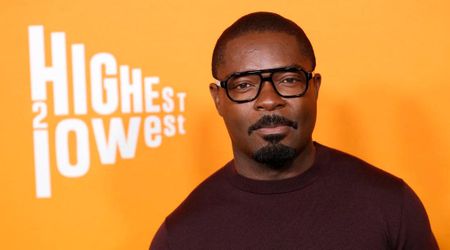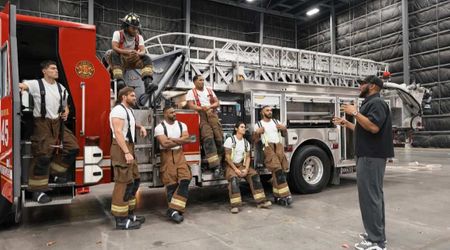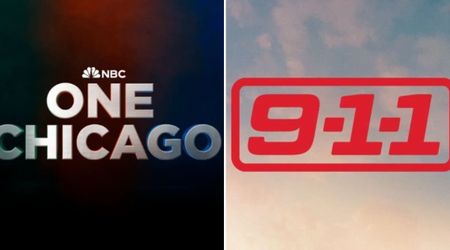'Cosmos: Possible Worlds': How the production team created cosmic sounds that no human has ever heard before

Bringing a vision from imagination to reality, complete with the sounds that make up a huge chunk of our living experience — that's the challenge that the crew of every movie and show has to face. And on National Geographic's 'Cosmos: Possible Worlds', the challenge is even greater.
More often than not, Supervising Sound Editor Greg King and Re-Recording Mixer/Sound Designer Jonathan Greasley were tasked with creating sounds for things that no one has ever heard before, sounds that exist on a cosmic scale brought down to the level of human understanding. While they did a great job, there were plenty of moments that pushed them to the limits, and in an interview with MEA WorldWide (MEAWW), Jonathan Greasley opened up about the experience.
What was the most challenging part of the project?
The most challenging part was also the most rewarding, in as much as the depth of information in the show is really amazing. We had to not only try to understand the concepts being put forth but understand them well enough to help convey them all in a manner that a first-time viewer will be able to connect with both intellectually and emotionally, which was really important to Ann Druyan (Writer/Director/Executive Producer) and Brannon Braga (Writer/Director/Executive Producer).
It’s not that any one episode was more challenging than the rest, but the series as a whole has these through lines and concepts that run between episodes, so we had to think about it as a whole and not just as the individual parts.
We’re also dealing with concepts and ideas for sounds that either have never been heard; maybe they occurred billions of years ago or cannot be measured, you can’t go and listen to a black hole or a pulsar in space. We either had to incorporate measurements that have been taken from our perspective here on Earth (we did use radio frequency measurements of a pulsar as an element) or just go all-in on the emotional resonance aspect, as with the black holes or the photons.
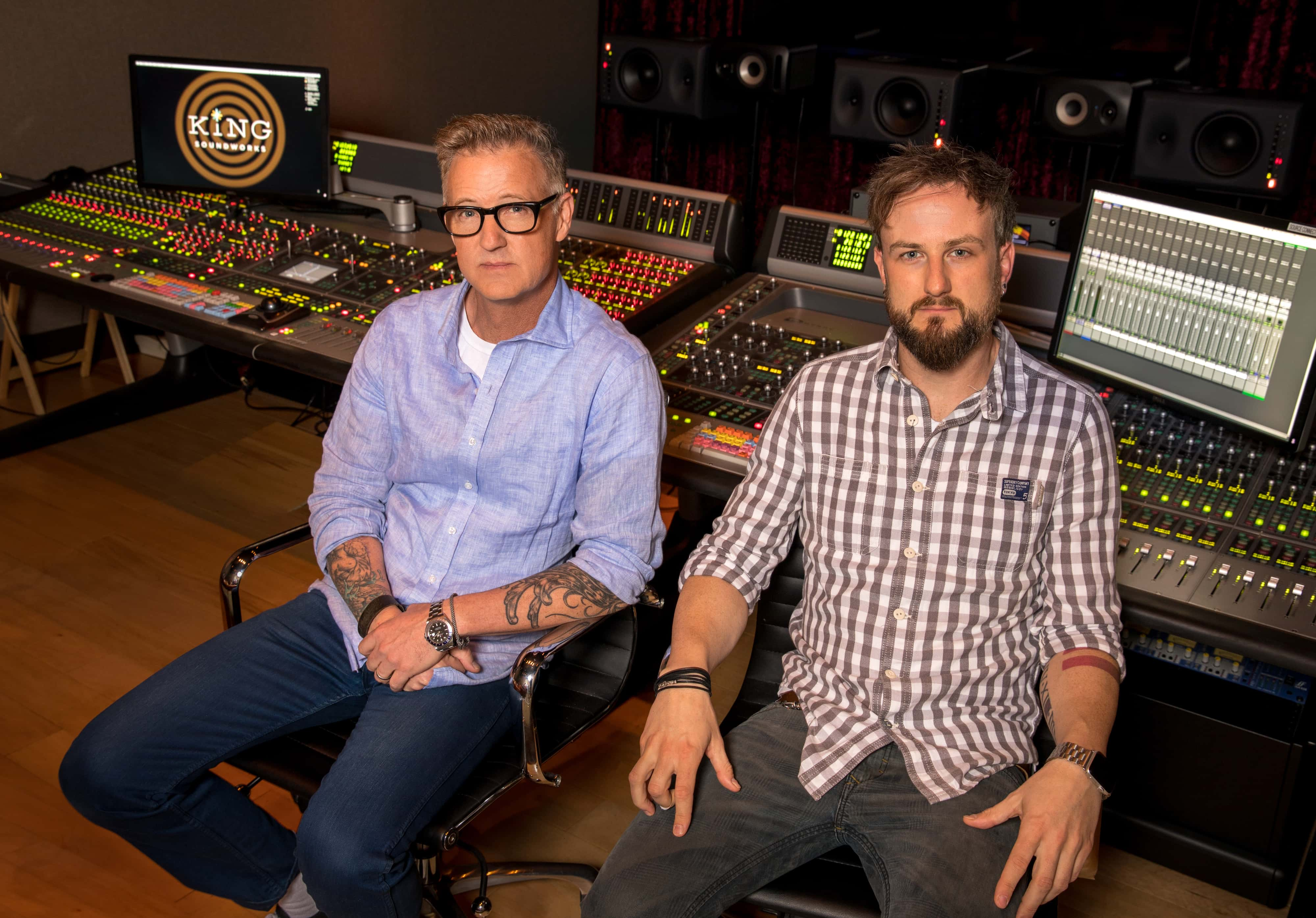
Was there a particular sound that took more effort than the rest to create?
The hardest thing to nail was the faster-than-light Alcubieri Drive Ship, mainly because we did four or five complete builds of that sequence and Ann really pushed us to make it sound like something no one has ever heard. But, she also didn’t want the sound of the drive engine, but more a sound of the experience of traveling within a self-contained bubble of space-time that’s folding the universe around it as a means of traveling faster than the rules of physics currently allow for. So, you know, no small task.
How exactly did the Voyager Golden Record inspire your work?
As a form of inspiration, it’s amazing to think that there’s a solid gold disc flying through the galaxy at several thousand kilometers an hour on the off chance that an alien race might find it and try to decipher it. That sort of thing represents a spirit of adventure and wonder that basically IS Cosmos, and furthermore represents the best of human ingenuity and collaboration.
This is what the whole show is really about — thousands of people contribute to the show from conception through pre-production, production, and post-production in order to make these episodes that in turn inspire wonder and creativity in the viewer. Even though we barely met any of those people outside of a core group, it’s humbling to consider how essential every cog in that machine is.
We used the actual Golden Record for a number of sequences, most obviously for the sound of the pulsar, as mentioned earlier. We used the radio frequency recording of a pulsar that’s on the record, which we were able to obtain in its entirety in hi-def audio through Ann and David Pescovitz, who worked on it together, so we could pull it into Pro Tools and chop it up.
Since the pulsar recording is RF, it’s quite a simple, lo-fi sound in itself, so we used the rhythm and the character of it to trigger other, beefier sounds and replicate the envelope of the pulsar with new sounds that we created, in order to give it some more oomph. We also used the brainwave recording, which is actually of Ann’s own brainwaves, in a similar fashion in that same episode.
Which part of this project are you the proudest of?
Tying in with the “it takes a village” theme from above, I really think the work everyone at King Soundworks did on the show is exemplary. We have a whole team of editors, assistants, designers, and mixers, and everyone really brought their best to the table. We had multiple sound designers between some of the episodes, of course, all funneling through Greg King and myself on the mix stage, and taking their work and running with it, putting my own stamp on such a great foundation was inspiring.
How have you been dealing with the coronavirus pandemic and the lockdown situation?
I’ve been fortunate. We had episodes of a forthcoming show that we were mixing that were already locked and turned over to us for sound, so we were able to work from our home studios for the first few weeks and just prep them all for the mix. That was really just fortunate timing. With technology and the stage it's in right now, I can open the entire mix session at home on my laptop and work without sacrificing tracks or processing power. It's really amazing how far that’s all come. But even if you’re staying busy in that sense, it’s still stressful in the back if your mind about how things will play out in the long term, or even the immediate term to be honest.
'Cosmos: Possible Worlds' premiered on March 9 on National Geographic.


